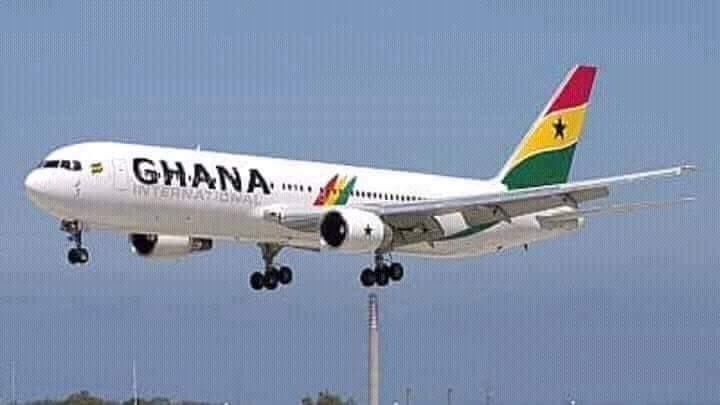Ghana is expected to start operating its national carrier from next year
Ethiopian Airlines (ET) is expected to provide four aircraft for the establishment of Ghana’s national carrier due to begin operations in the first quarter of next year.
As the majority shareholder, ET will also contribute managerial services to ensure effective running of the new carrier which is initially expected to fly within the Africa routes before subsequently moving to the global market.
The Minister of Aviation, Mr Joseph Kofi Adda, who disclosed this in an interview with the media at an event on December 6 in Accra, stated that the ET would manage the yet-to-be established carrier until the country had built the needed capacity to takeover.
“The reason why ET is to provide the managerial services when the national carrier is established is because it had operated for a long time in that space and we on the other hand had been out of the system for some time and so the move will help us build capacity and takeover subsequently,” he said.
Although the shareholders agreement is yet to be signed, he stated that under the present structure ET was expected to own a maximum of 49 per cent stake, Government of Ghana (GoG) hold 10 per cent and the remaining 41 per cent stake made available to Ghanaian investors.
Already, Ghana Oil Company Limited (GOIL), Teachers Fund, GLICO, and Africa World Airlines (AWA) are some indigenous companies that have expressed interest in investing in the proposed home-based carrier.
MoU signed
The Minister was speaking to the media two days after the GoG signed a memorandum of understanding (MoU) with Ethiopia, making ET the main strategic partner to help create the national carrier.
Mr Adda, signed on behalf of the GoG while the Chief Executive Officer (CEO) of ET, Mr Tewolde GebreMariam, signed the MoU on behalf of the airline.
A final agreement is expected to be signed before Christmas.
The desire to establish a new home-based carrier after the collapse of Ghana Airways—a fully state-owned entity—and the subsequent collapse of Ghana International Airlines, established with private sector participation after the collapse of Ghana Airways, stems from growth in the sector experienced on the continent and the industry’s future potential.
Recent investment
Huge investments in on-ground infrastructure, such as expansion of the arrival hall of terminal two and construction of terminal three at the Kotoka International Airport (KIA), construction of a new terminal building at the Kumasi Airport, expansion of the Tamale Airport, reconstruction of the Wa airport and construction of a new airport in the Volta Regional capital Ho, all require that a home-based carrier, which will focus on operating domestic and regional routes before taking on the rest of the world is established.



![MTN FA Cup Round of 16 fixtures confirmed – [Full Schedule]](https://www.happyghana.com/wp-content/uploads/2026/01/MTN-FA-Cup-75x75.jpeg)
















